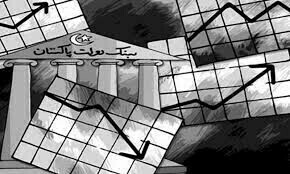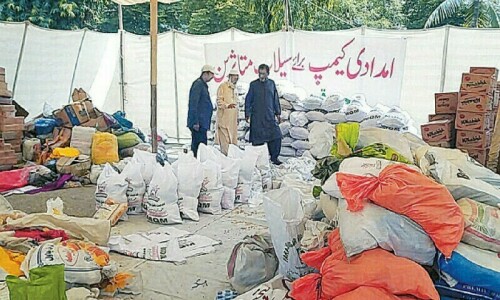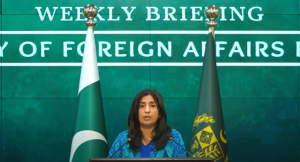Eight years ago this month, the investment bank Bear Stearns announced that it would liquidate two of its hedge funds involved in trading mortgage-backed securities. It was one of the first major signs that the collapse of the subprime mortgage bubble would trigger a broader crisis of the US and world financial system.
Now, nearly seven years since the bankruptcy of Lehman Brothers and the taxpayer-funded bailout of the global financial system, the US and global economy appears poised on the verge of another economic collapse. China’s stock market is imploding, Greece is in the midst of a bank shutdown, economic growth in the US has stalled, capital flows to emerging countries are drying up, and military conflicts throughout the world threaten major economic disruptions.
This state of affairs demonstrates reflects a deeply-rooted crisis of the global post-war order itself.
It is against this backdrop that the IMF released its latest World Economic Outlook report, predicting that 2015 would be the worst year for global economic growth since 2009.
Year after year, the IMF and other analysts have declared that a significant pickup in global economic growth is imminent. This year, yet again, the organization was forced to admit, in its characteristically understated language, that “The projected pickup in global growth... has not yet firmly materialized.”
The IMF said it expects the global economy to grow at a rate of 3.3pc this year, 0.2 percentage points lower than the IMF’s prediction in April, and down from 3.4pc last year.
The IMF reduced its growth outlook for developing countries sharply, from 2.4pc in April to 2.1pc in the latest assessment. The report also significantly reduced its outlook for four advanced economies: the US, UK, Canada and Japan.
The IMF said the biggest factor in the reduction in the growth outlook was the poor performance in North America, led by a sharp fall in US growth. The IMF expects the US economy to grow at a rate of 2.5pc this year, significantly lower than its April forecast of 3.1pc.
Growth in the US has stalled in the first quarter, with economic output falling at an annualized rate of 0.2pc, and early indicators show little improvement in the second quarter.
While the IMF attributed the decline in US economic output to a host of ‘one-off’ factors, the fact remains that 2015 is the second year in a row that the US economy grew much more slowly than expected.
The economic debacle in the US in the first quarter of this year was caused by a collapse in infrastructure investment, which fell by 2.8 percent, even as US corporations sat atop a cash hoard of $1.4 trillion. The Wall Street Journal recently reported that US corporations spent more on share buybacks this year than on factories and equipment.
The IMF report struck a particularly concerned tone, however, regarding the prospects for emerging: economies. It notes that “the continued growth slowdown reflects several factors, including lower commodity prices and tighter external financial conditions, structural bottlenecks... and economic distress related to geopolitical factors.”
This last point is particularly significant. War and violence cost the global economy $14.3trn, or 13.4pc of total economic output, last year, according to one study. This is the result of growing conflicts in Eastern Europe, the Middle East and North Africa. The Russian economy is expected to shrink by 4.8pc this year under the weight of sanctions related to the conflict in Ukraine and sharply reduced oil prices.
Other emerging economies face similar difficulties. The most pressing concern currently weighing on markets is the disastrous sell-off in the Chinese stock market, in which share values have plummeted by 30pc over the past month, with Chinese authorities scrambling to stop the rout.
Courtesy WSWS
Published in Dawn, Economic & Business ,July 13th, 2015
On a mobile phone? Get the Dawn Mobile App: Apple Store | Google Play














































